Infrastructure & Logistics
Technical Overview
MOYA LEADING GROUP (MLG) has strategically developed a vertically integrated infrastructure and logistics platform that underpins its global energy and commodities trading activities. The group’s investment in maritime logistics, pipeline networks, terminals, and storage assets ensure end-to-end control, efficiency, and scalability across its physical trading value chain. These capabilities enable MLG to optimize market access, mitigate supply-side risks, and capture arbitrage opportunities across regions and timeframes.
Partnerships with Top-Tier Shipping Companies (VLCC, Suezmax, etc.)
A core pillar of MLG’s logistics architecture is its affiliation with Clearlake Shipping, a wholly-owned subsidiary and one of the world’s most active charterers of ocean-going vessels. Through long-term partnerships and joint ventures with established shipowners, MLG secures regular access to a diverse fleet of over 100 time-charter vessels, including VLCCs (Very Large Crude Carriers), Suezmax, Aframax, gas carriers, and dry-bulk vessels. This extensive maritime capacity allows MLG to efficiently manage the global flow of crude oil, refined products, and other strategic commodities.
By leveraging these partnerships, MLG not only achieves greater supply chain control and delivery certainty but also captures valuable freight market intelligence, enhances optionality in crude sourcing, and reduces exposure to shipping bottlenecks. The integration of shipping operations into its trading framework allows the Group to realize economies of scale, diversify revenue streams, and ensure real-time responsiveness to dynamic market shifts.
Access to Key Ports and Tank Farms Worldwide
MLG benefits from direct access to strategically positioned infrastructure nodes at some of the world’s most critical energy hubs, including Rotterdam, Houston, Jurong, and Fujairah. The company owns and operates MOYA Energy Rotterdam (MER), a fully integrated refinery and international distribution terminal that offers deep-water port access and pipeline connectivity into the European hinterland. MER’s location within the Port of Rotterdam—Europe’s largest energy gateway—enables seamless import, export, and transshipment of both intermediate and finished petroleum products such as LPG, naphtha, gasoline, and gasoil.
Complementing these port assets are investments in tank farms and terminal infrastructure, which provide storage flexibility, facilitate just-in-time delivery, and enhance MLG’s ability to capitalize on time-spread and regional arbitrage opportunities. Terminal ownership also ensures continuity of supply during market disruptions and strengthens the Group’s physical trading position in high-demand geographies.
Ground Transport via Pipelines and Trucking Solutions
Inland transportation is further secured through ownership and investment in crude oil pipeline systems, which allow MLG to distribute multiple crude grades with logistical precision and speed. These pipeline assets are critical in connecting upstream supply points to downstream refineries and export terminals, thus optimizing throughput efficiency, minimizing transit times, and improving margin capture on traded volumes. Pipeline flexibility also positions MLG to rapidly exploit differential price movements across markets, a key aspect of its trading model.
In regions where pipelines are not viable or where last-mile logistics are required, MLG supplements its network with reliable trucking solutions, coordinated through integrated logistics management systems. This multimodal approach enables the Group to maintain agility, continuity, and traceability throughout its end-to-end commodity supply chain.
